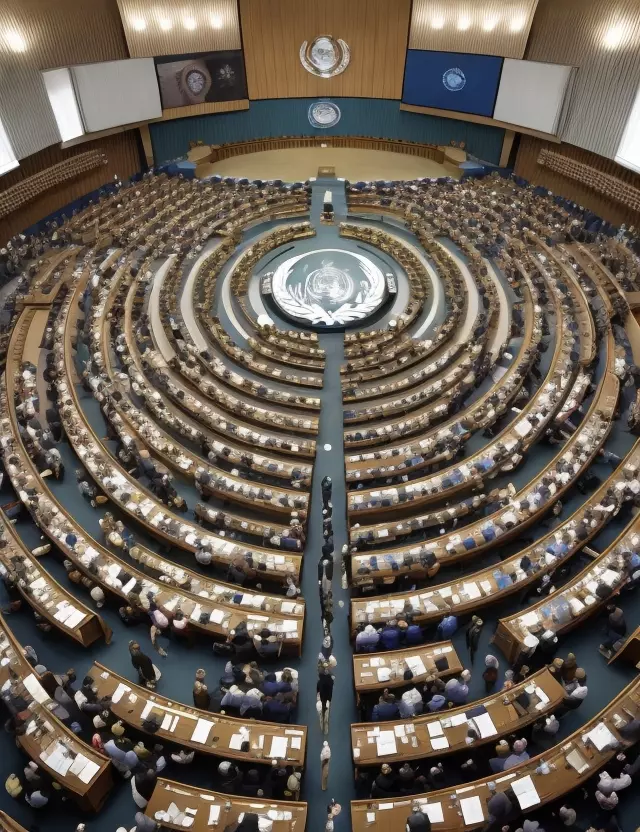International Day of Reconciliation: UN's Initiative for Peace in Post-Conflict Societies
Establishment of a Global Observance (2023-12-16)

International Day of Reconciliation: UN's Initiative for Peace
On December 16, 2023, the United Nations took a significant step towards promoting peace and healing in post-conflict societies by establishing the International Day of Reconciliation. This global observance stands as a testament to the UN's commitment to fostering reconciliation, unity, and a shared vision of a peaceful world.
Global Commitment to Healing
The establishment of the International Day of Reconciliation reflects the international community's recognition of the profound impact of conflict on societies and the importance of healing and rebuilding. The UN, through this initiative, emphasizes the need for reconciliation as a crucial component in the post-conflict recovery process.
Promoting Unity and Understanding
This global observance serves as a platform to promote unity and understanding among communities that have experienced the devastating effects of conflict. By dedicating a specific day to reconciliation, the UN aims to encourage dialogue, forgiveness, and efforts towards building bridges between individuals and communities affected by past conflicts.
Significance of the Date
December 16 holds significance as the International Day of Reconciliation, symbolizing the spirit of coming together and finding common ground. It serves as an annual reminder of the potential for positive transformation, even in the wake of conflict, and highlights the shared responsibility of the global community in working towards lasting peace.
Healing Wounds and Building Futures
The International Day of Reconciliation is not only about acknowledging the wounds of the past but also about building a collective future grounded in peace and cooperation. It encourages nations, communities, and individuals to engage in acts of reconciliation, fostering an environment conducive to sustainable development, social cohesion, and lasting peace.
Global Impact
As the International Day of Reconciliation becomes a part of the annual calendar, its impact resonates globally. Through events, initiatives, and educational programs, the UN aims to inspire positive change and contribute to the worldwide effort to create a more harmonious and reconciled world.
Continued Commitment to Peace
On December 16 and in the years to come, the International Day of Reconciliation stands as a symbol of the continued commitment of the United Nations to building a world where the wounds of conflict are healed, and societies can flourish in an atmosphere of understanding, tolerance, and lasting peace.



